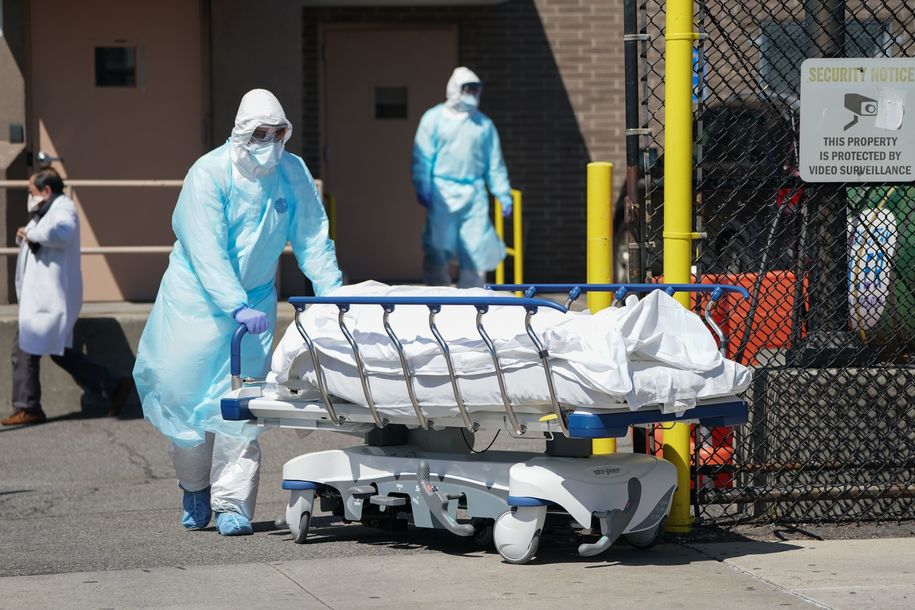[ad_1]
When the ambulance took Zoe to Brookdale University Medical Center, the technicians left her to tend to other patients. Zoe got herself to the emergency room, where she was seated with COVID-19 patients but not tested, The Appeal reported. When she was seen by a physician and told her lungs sounded clear, Zoe went home because of her fear that if she stayed in the hospital she might catch the virus. It wasn’t until 24 hours later that Zoe returned to the hospital fighting for her life, her sister Mia Mungin told The Appeal. The attending physician told her Zoe “was the sickest patient they had.”
“Stars on TV with no symptoms get tested, no problem,” Mia told The Appeal. “But if you’re poor, you can’t get tested unless you’re nearly on death’s door.” Her sister was no exception to a rule applied to Black women and men in cities throughout the country. In New York City, Black people makeup 22% of the population but account for 28% of COVID-19 deaths, according to The New York Times. That disparity is even higher in cities like Chicago, where 72% of COVID-19 patients who die are Black people even though they account for less than a third of the population.
RELATED: Amid limited COVID-19 data, grim numbers suggest disproportionate impact on Black Americans
Mia has been updating the public on her sister’s condition on Twitter since late March, when the registered nurse tweeted that Zoe was on life support at Brookdale hospital and “fighting for her life.” Mia tweeted: “She’s only 30 years old and has such a bright future ahead of her. I’m begging for some help to get her on the new drug Remdesivir or any help you can provide.”
Mia said by March 26 her sister was suffering acute respiratory distress syndrome, which causes widespread lung inflammation. And although a doctor recommended extracorporeal membrane oxygenation as a possible treatment, the hospital stated she wasn’t sick enough, Mia tweeted. “How can’t this be,” she asked. Her sister was on a ventilator and couldn’t breathe on her own.
She wasn’t transferred to Mount Sinai Hospital to receive the treatment until her family, friends, and former classmates at Wellesley College advocated on her behalf, The Appeal reported. Zoe started to improve at the hospital, but less than a month later she was transferred to a third hospital, where her condition declined again, her sister tweeted April 24.
Three days later, Zoe died. “It is with heavy heart that I have to inform you all that my sister Rana Zoe Maybe has passed away today at 12:25pm due to COVID-19 complication,” Mia tweeted Monday. “She fought a long fight but her body was to weak.”
Mimi Maciel, a therapist and college friend of Zoe’s, wrote in a tribute that her friend died because of the “all too tragic, racist, and familiar fact that our medical systems fail black women […] I’m heartbroken and don’t know how to live in a world without Zoe,” she said. “But I’m also angry. I’m angry at this administration. I’m angry at how racist and anti black this world is. I’m angry that her students lost a wonderful and committed teacher, because representation matters.”

















